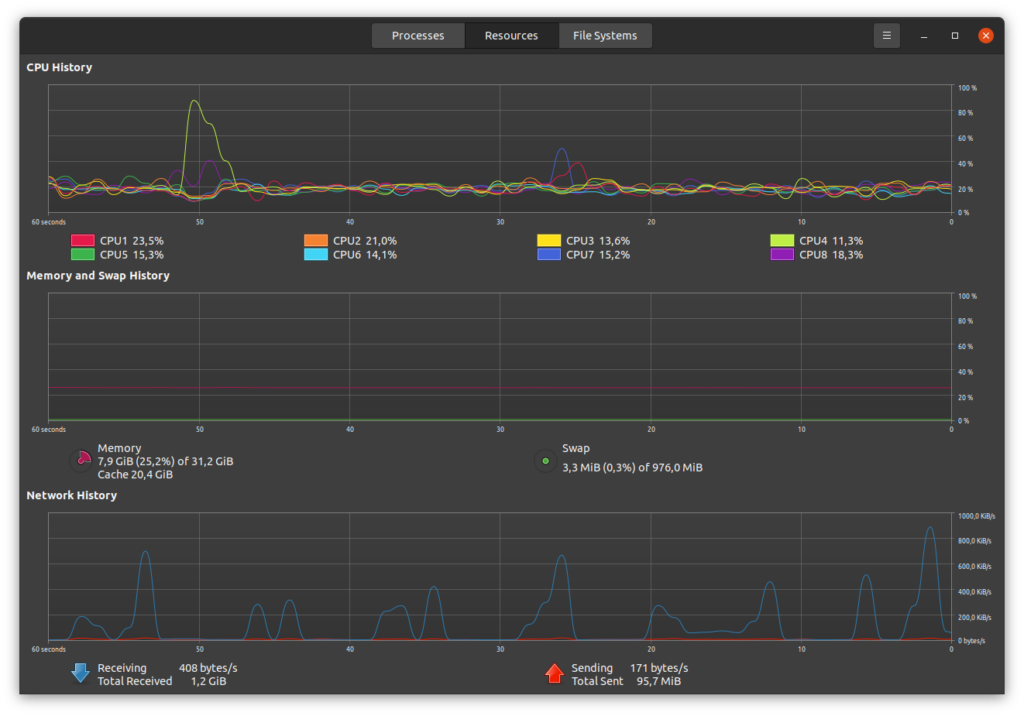A very good reason to avoid Google Pixel 6 and get a Google Pixel 5 instead
After reading this help center page (Choose the upload size of your photos & videos):
We realized that while Google provides free storage for Google photos (one way or the other) to older versions of Google Pixel phones (including version 5), they do not offer any free storage for their newest series, Google Pixel 6.
Having a phone with a fantastic camera but being unable to use the backup mechanism freely without paying sucks. The more one user operates the camera, the more space they will require, making their account storage fill up.
For this reason, as Google Pixel Series 5 has a decent camera, we strongly consider purchasing an older phone and saving money in the long run through the free backup mechanism for photos.



